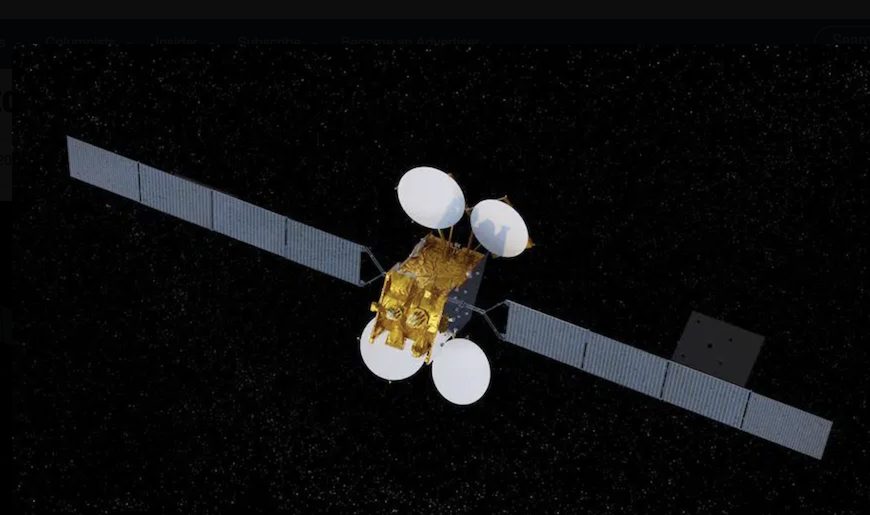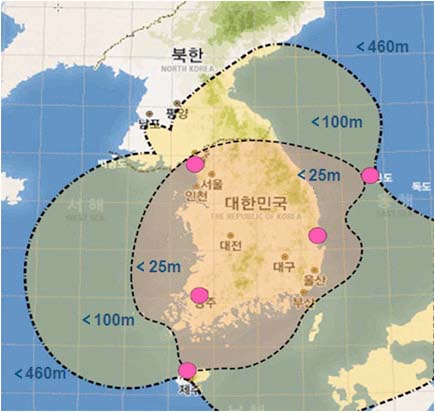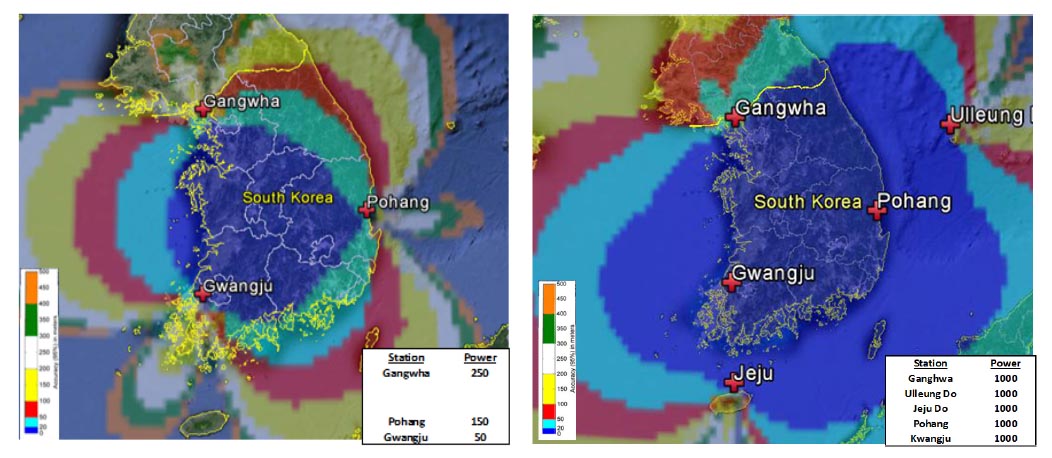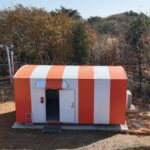Korea will inaugurate its own satellite-based augmentation system (SBAS), the Korea Augmentation Satellite System (KASS), sometime in 2022, with signals broadcast over the East Asian region from adjunct payloads aboard two geostationary communications satellites. The system is foreseen to bring increased positioning accuracy and reliability and further technological benefits to aviation, transportation, surveying, timing, unmanned aerial systems (UAS) and other industries in the region.
Dr Gi Wook Nam, Director of the SBAS R&D Division at the Korea Aerospace Research Institute (KARI), recently wrote an article summarizing KASS progress and plans for the GNSS.asia blog, a project of the EU Horizon 2020 programme, coordinated by the European GNSS Agency (GSA) to facilitate EU-Asian business partnerships on GNSS activities.
According to Dr. Nam, KASS will provide a certified Approach with Vertical Guidance (APV) -I service consistent with International Civil Aviation Organization’s (ICAO’s) Standard and Recommended Practices (SARPs) to civil aviation users in the Korean airspace.
“KASS could become the primary means of navigation service for all phases of flight,” stated Dr. Nam, “ranging from en-route through precision approach within the coverage area. Consequently, the aircraft will be able to configure their routes more directly and make their flights as short as possible between the departure airports and destinations. It will ultimately improve the airspace capacity and will relieve congestion while reducing fuel consumption and pollution.” KASS will provide continuous service over the entire Korean peninsula.
The KASS program was launched by the Korean government in 2013. Thales Alenia Space of France became prime contractor to develop and deploy the system jointly with KARI. The system’s Critical Design Review (CDR) was recently completed. Site preparation for seven reference stations, two control stations, and three uplink stations is underway. A Site Acceptance Test (SAT) will has been planned for late 2020, with System Qualification Review (SQR) scheduled for late 2022 and declaration of operational capability for the KASS open service that same year. Safety of Life (SoL) service for aviation will begin in 2023.
The Malaysian Measat-3D has been selected as the first KASS satellite, built by Airbus Defence and Space with a launch date of late 2021-early 2022. A second KASS satellite will be named by the end of this year.
Dr Nam holds a PhD in Aeronautical Engineering from Cranfield University and has worked in the domains of Aeronautical Engineering and GNSS since 1988.
[Image: Artist View Measat, courtesy Airbus Defence and Space]






